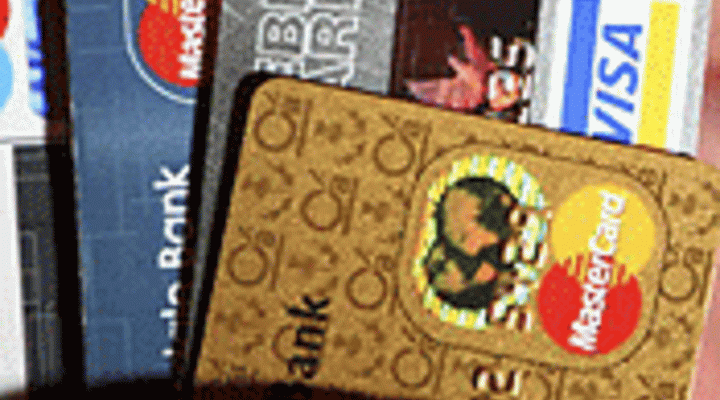
Rise in consumer credit shows a split economy

Kai Ryssdal: I don’t know if you do the Sunday talk show thing, but the Secretary of the Treasury was a big downer yesterday. Timothy Geithner was saying things we haven’t really heard since the worst of the financial crisis. That the economy’s going to be lousy for a long time to come — his words. And that makes a new report from the Federal Reserve all the more troubling.
Marketplace’s Stacey Vanek Smith reports.
Stacey Vanek Smith: Right now, Americans owe about $2.4 trillion in credit card debt, car loans and tuition. But how can that be? Didn’t we learn our lesson about borrowing being bad when the market crashed?
Greg McBride: What we have here are really two economic recoveries.
Greg McBride is a financial analyst for Bankrate.com. He says there are two very different reasons for rising debt. Credit cards and banks are courting wealthy customers with new products and low interest rates; others are borrowing because they have to.
McBride: Higher-income households are really feeling a rebound in their financial portfolios, they’re able to do a little bit more spending. Middle-income households are really bearing the brunt of things like gasoline costs, higher food costs and it’s really squeezing their purchasing power.
To the extent they’re using credit to buy the bare necessities. Ira Rheingold is executive director of the National Association of Consumer Advocates.
Ira Rheingold: Over the last couple of years, people really tried to save a little bit more. But I also think that with the economy not recovering, people are beginning to take out more credit simply to, you know, to survive.
Stagnant wages haven’t helped. MIT economist Michael Greenstone has been studying U.S. wage growth for the Brookings Institution. In a new report, he found that over the last three decades, wages for men have actually decreased.
Michael Greenstone: Long-term wage stagnation or even wage decline have led people to borrow a lot. People got overextended, and I think it’s making it difficult for consumers to experience real improvement in their standards of living.
High unemployment puts downward pressure on wages, and with food and gas prices rising, more Americans may have to count on plastic to get by.
In New York, I’m Stacey Vanek Smith for Marketplace.
There’s a lot happening in the world. Through it all, Marketplace is here for you.
You rely on Marketplace to break down the world’s events and tell you how it affects you in a fact-based, approachable way. We rely on your financial support to keep making that possible.
Your donation today powers the independent journalism that you rely on. For just $5/month, you can help sustain Marketplace so we can keep reporting on the things that matter to you.


















